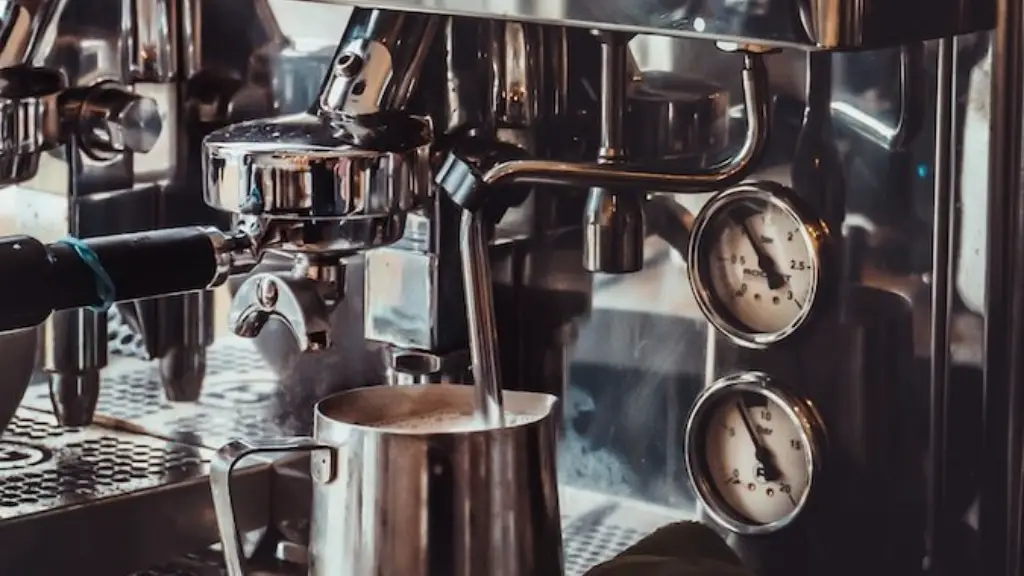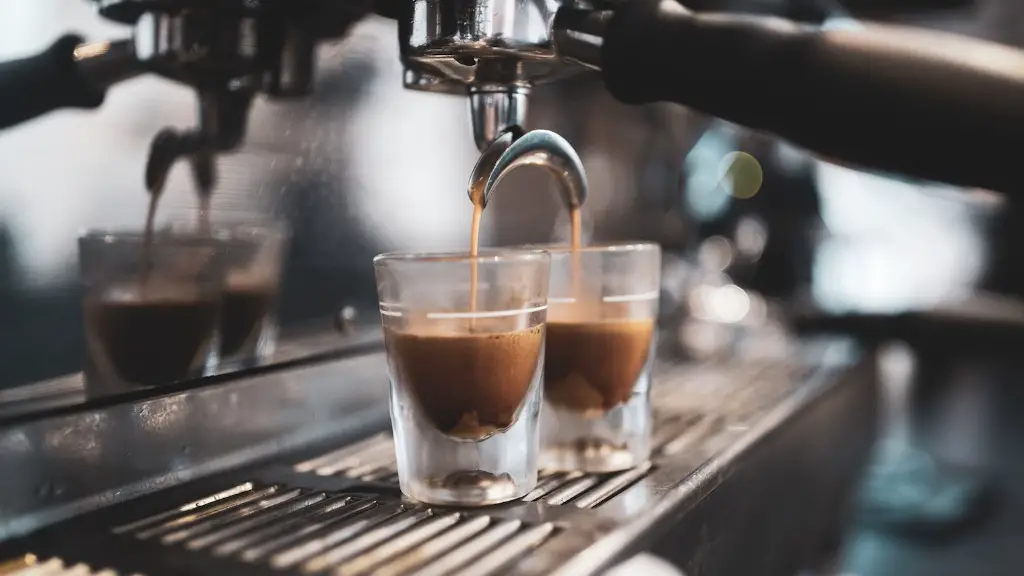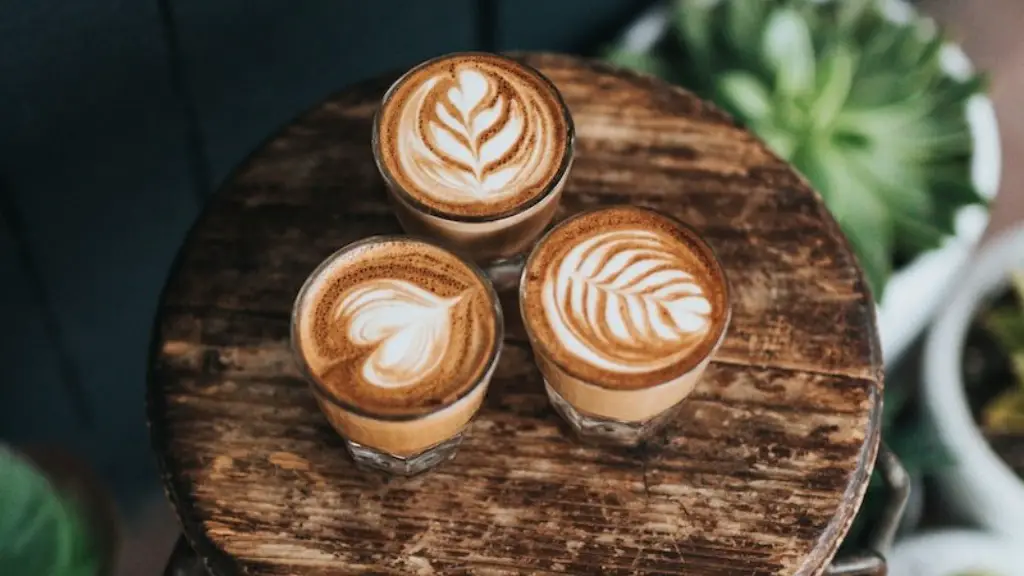It’s an age-old debate: what do you reach for to jumpstart your morning? It may be a difficult question to answer as both coffee and energy drinks come with a list of pros and cons. Let’s examine a few of these elements to understand the better choice when it comes to amping up your daily routine.
Coffee, the world’s favorite beverage, can be found in virtually every kitchen cupboard and local cafe. With its energizing caffeine boost and the sweet and comforting aromas, it’s no surprise people flock to the dark or light-roast brew in a wide range of styles and variety.
However, the chief downfall of coffee is its acidity. The higher acidity levels in coffees can cause heartburn, poor digestion, and can also weaken teeth enamel. Research also suggests that too much high-caffeine coffee can increase anxiousness and insomnia and lead to potentially habit-forming behavior.
On the flip side, the benefits of coffee are hard to overlook. Caffeine has been found to boost alertness and focus and can sometimes even off-set depression. In moderation, coffee is loaded with anti-oxidants, vitamin B, palmitic acids, and other beneficial elements that can help ward off disease.
Energy drinks on the other hand, offer a longer-lasting boost and a variety of caffeine-related energy kicks. Unlike coffee, energy drinks are typically packed with added sugars or artificial sweeteners. And while they can give a faster and longer-lasting energy jolt, they can sometimes lead to further fatigue or “crashing” afterward.
Another key factor to consider between the two drinks is health and nutrition. In general, coffee is virtually a calorie-free and sugar-free beverage, whereas energy drinks are generally loaded with sugar and additives. The sugar found in drinks such as Red Bull, for instance, have been linked to weight gain, obesity, and diabetes.
Coffee and energy drinks can also affect our sleep cycles. The caffeine spike from coffee typically subsides after a short few hours, but the intense boost from energy drinks can trudge on for much longer and disrupt our total sleep time.
The better choice in this double-edged debate may come down to our individual needs. For some, coffee may offer more of a tantalizing flavor, but for others, the added kick of an energy drink may provide the pick-me-up they need. Although a difficult decision to make, it ultimately boils down to how long and how strong of a jolt you want.
Health & Nutrition: A Closer Look
When choosing between coffee and energy drinks, it’s important to consider the possible health implications. While the occasional beverage undoubtedly has its perks, it’s important to know the difference between coffee’s health benefits and the potential drawbacks of an energy drink.
Coffee actually has a therapeutic range of health benefits. Its high levels of anti-oxidants can help manage cholesterol, reduce the risk of certain cancers, and ward off potential heart disease. The acidity levels of coffee have also been said to provide some protection against cavities.
As for energy drinks, prior knowledge of the ingredients is essential. Many drinks lead with caffeine content, but certain brands pack their beverages with other added sugars. The sugars may be natural or synthetic, with the latter having potential chemical side effects.
In addition to sugar and caffeine, many energy drinks can contain artificial food dyes, chemical additives, taurine and anhydrous caffeine, which are all chemical stimulants. The mish-mash of ingredients can make the energy drink a potent mix that can often overwhelm the body.
Caffeine Content: The Energy Source
When it comes to getting a caffeine boost, it’s important to understand the source of the energy in both coffee and energy drinks.
Typically, a cup of coffee holds anywhere between 75-150 milligrams of caffeine, depending on the type and strength of the bean used and the type of brewing process. Instant coffees usually contain around 100 milligrams of caffeine in an 8-ounce cup.
Energy drinks, however, contain significantly more. On average, an 8-ounce energy drink contains around 50 milligrams of caffeine, as well as other stimulants, but with certain brands this number can be as high as 324 milligrams – almost a two-third increase in caffeine content.
It’s important to be mindful when consuming both drinks as caffeine acts as a diuretic, causing us to urinate more and can also lead to dehydration if taken in large amounts. It’s also important to take note of any “extras”. Many energy drinks can contain 2000-3000 milligrams of added sugars – something to be weary of when choosing an energy-boosting beverage.
The ‘Come Down’: Coffee vs. Energy
A key factor to consider when choosing between the two drinks is the effects of the ‘come down’. It’s important to understand the half-life of caffeine when considering the effects of these drinks both in the short-term and long-term.
Caffeine from coffee has a short half-life and dissipates after a few short hours. So, even if consumed in large amounts, the effects usually reseed shortly after – resulting in a smoother ‘come down’.
With energy drinks, however, the half-life is typically much longer. The combination of added sugars and caffeine make for a more potent cocktail with the effects of the energy surge lasting much longer but with a heavier crash when it wears off.
Cognitive Effects: What’s Impact Is Greater?
Cognitively, both drinks can offer an array of brain-stimulating effects. Caffeine found in both coffee and energy drinks is a central nervous system stimulant, which can increase alertness, reduce fatigue, and boost cognitive performance.
Caffeine from coffee has generally been found to improve concentration, alertness, and reaction times, often through a series of small – but steady – increases in alertness that build over time.
Energy drinks, however, can give us a short-term jolt of energy that can lead to cognitive performance spikes. In certain cases, the higher levels of caffeine can lead to elevated anxiety levels, irritability, and nervousness that can call for a longer-rest period afterward.
A Deeper Analysis: The Pros and Cons
When it comes down to it, weighing the pros and cons of each potable may just be the best way to assess the situation.
Coffee offers a wide range of health benefits and can have a positive impact on our overall wellbeing. It’s also packed with anti-oxidants, vitamins, minerals, and other nutrients. In moderation, coffee can provide us with a tasty and energizing kick to start our day.
When it comes to energy drinks, they should be used as an occasional treat. The high levels of caffeine and added sugars can be hard on our bodies if taken in large and consistent amounts. In addition, the long-term effects can lead to higher levels of anxiety, nervousness, and fatigue.
The Routes to Caffeination: Personal Taste & Preference
When it comes to amping up a person’s morning routine, the choice ultimately comes down to personal taste and preference. While coffee remains the world’s favorite beverage, energy drinks may provide us with the longer-lasting energy boost we need to make it through our day.
In making the decision, it’s important to consider the health benefits of coffee, as well as the potential adverse effects of energy drinks. Ultimately, both coffee and energy drinks have their pros and cons – it all comes down to how long and strong of a jolt we need.





